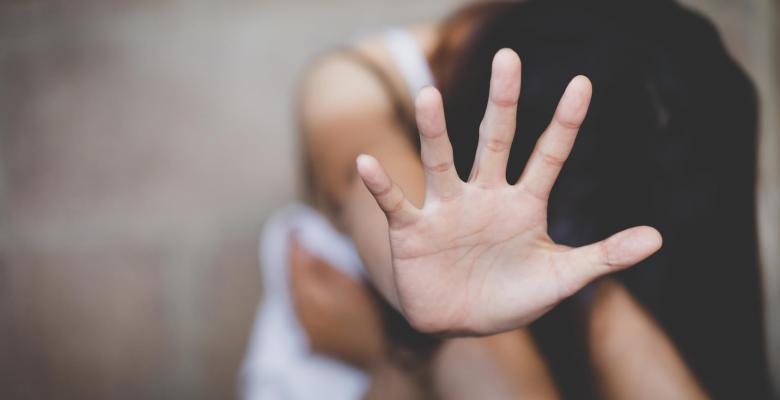More than just numbers: Unprotected since childhood
especiales

We recently spoke about child and adolescent exploitation. Individuals who are forced to work under inhumane conditions worldwide. Numbers showed 10+ millions of them in Latin America. But, all of a sudden, some survey takers are reporting this number dropped to 5.7 million, in a crystal clear attempt to minimize damage.
A quick analysis on Brazil in times of a fascist regime, which began with the coup d’état staged against Dilma Rouseff, details that only in Brazil, the number of individuals in such conditions is way above 5.7 million.
In Piaui, the number of children and adolescents exploited —between 10-17 years old— are estimated at over 2 million, while official sources confirm other 4 million are force to do despicable work.”
Besides, the number of Brazilian individuals killed between 12 and 18 years old reached 3,65 per 1,000.
The Adolescent Homicide Index, coordinated by the United Nations Children’s Fund, includes 300+ municipalities with more than 100,000 inhabitants. It is not coincidence that the Favela Observatory was involved in the findings, because that is where the police have assassinated most of these youngsters.
By regions, the northeast almost doubles the average rate (6,5) with states like Ceara, Alagoas, and Espiritu Santo spearheading the assassinations of youngsters. But larger cities (200,000+ inhabitants) such as Serra, Itabuna, and Fortaleza own the record number: 11 killings per 1,000.
It must be added that some 700 and 800 children die every year as a consequence of malnutrition in indigenous areas.
The panorama is also disheartening especially in nations with neoliberal models or related to it despite their efforts to overcome the situation, especially Mexico. Paraguay, nonetheless, is the perfect example surrounding the deplorable state of children and adolescents.
DOMESTIC SERVICE (CRIADAZGO)
With 7.2 million inhabitants, domestic service done by children dates back to the colonial times and still exists in Paraguay, despite laws forbidding child exploitation.
Very poor families, generally rural areas, are forced to give up their children to wealthy relatives or families so these can afford their education, feeding, and raising.
And this is not for free. Children, in turn, do domestic works.
In Paraguay, one of the poorest countries in South America and one of the world’s top ten nations with highest rates of inequalities in the world, nearly 47,000 children (2.5% of its child population) are doing domestic service work, 81.6% of them are girls.
Though not accepted, this is one of the worst forms of child exploitation. It is also a sort of slavery as children are forced to tough domestic works, not appropriate for their age. They are punished. Some are not allowed to leave the house. Others are not properly fed, or received proper health care.
I am no exaggerating. And it proves the situation is worse than officially admitted by governments with neoliberal policies, which reduce the state involvement in public services. Thus, it leads to growing inequalities as well as an economic and structural racism.
Translated by Sergio A. Paneque Díaz / CubaSí Translation Staff













Add new comment